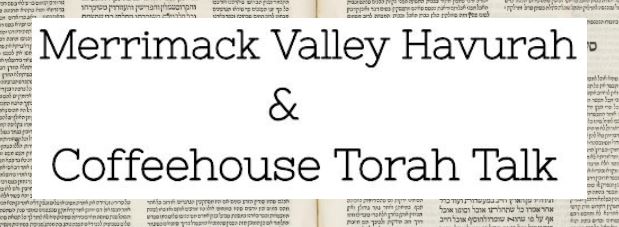Shabbat (שַׁבָּת) is the Hebrew word for the Sabbath; it is Judaism’s weekly day of rest.
Along with the annual Yom Kippur (יוֹם כִּפּוּר) Shabbat is considered the holiest day of the year in Judaism.
What is Shabbat?
From Judaism 101: JewFaq
The Sabbath is one of the best known and least understood of all Jewish observances… to those who observe Shabbat, it is a precious gift from G-d, a day of great joy eagerly awaited throughout the week, a time when we can set aside weekday concerns and devote ourselves to higher pursuits.
In Jewish literature, poetry and music, Shabbat is described as a bride or queen, as in the popular Shabbat hymn Lecha Dodi Likrat Kallah (Come, my beloved, to meet the [Sabbath] bride). It is said “more than Israel has kept Shabbat, Shabbat has kept Israel.”
Shabbat is the most important ritual observance in Judaism. It is the only ritual observance instituted in the Ten Commandments…. Shabbat is primarily a day of rest and spiritual enrichment. The word “Shabbat” comes from the root Shin-Beit-Tav, meaning to rest.
…In modern America, we take the five-day work-week so much for granted that we forget what a radical concept a day of rest was in ancient times. The weekly day of rest has no parallel in any other ancient civilization. In ancient times, leisure was for the wealthy and the ruling classes only, never for the serving or laboring classes. In addition, the very idea of rest each week was unimaginable. The Greeks thought Jews were lazy because we insisted on having a “holiday” every seventh day.
Shabbat involves two interrelated commandments: to remember (zakhor) Shabbat, and to observe (shamor) Shabbat.
Remember the Sabbath day to sanctify it (Zakhor et yom ha-Shabbat l’kad’sho) -Exodus 20:8
Observe the Sabbath day to sanctify it (Shamor et yom ha-Shabbat l’kad’sho) -Deuteronomy 5:12
Shabbat as an Island in Time

Themes of Shabbat
“Despite attempts of historians to trace a connection to the Babylonian calendar, the Sabbath was an unprecedented innovation. It meant that one day in seven all hierarchies of wealth and power were suspended. ” – Lord Rabbi Jonathan Sacks, The Chief Rabbi’s Haggadah
Shabbat as an island of rest from technology
As Rabbi Abraham Joshua Heschel taught (The Sabbath, pp. 28-29)
“On the Sabbath we live, as it were, independent of technical civilization; we abstain primarily from any activity that aims at remaking or reshaping the things of space.”
Use of technology on Shabbat outside Israel (normal times)
he Use Of Electricity On Shabbat And Yom Tov
Use of technology on Shabbat in Israel (normal times)
For good reason, halakhah prohibits Jews from engaging in certain actions on the Sabbath, but those rules were developed before the re-establishment of the Jewish State of Israel. Now that we have a Jewish-majority state, we are confronted with many real world questions of how to run the state in a way that is safe and sustainable.
Orthodox and Conservative rabbis have paskened that Jews living in the state of Israel, may and in fact must do work on the Sabbath in order to provide for the safety and welfare of the people. This includes people working as doctors, nurses, EMTs; soldiers; senior government leadersl and people working in power plants or critical infrastructure.
Many Haredi Jews, who are scrupulous in their observance of Shabbat, serve in the Netzah Yehuda Battalion (aka Nahal Haredi), a unit within the Kfir Brigade of the Israel Defense Forces, even on Shabbat.
Use of technology on Shabbat (emergency situations, e.g. pandemics)
Responding to the COVID-19 pandemic, the Conservative/Masorti movement adopted a teshuvah that, under specified halakhic guidelines, allows for the livestreaming of services on Shabbat and festivals, particularly during the Jewish High Holidays.
“There are many caveats to this significant possible exception to Conservative movement traditions surrounding Shabbat and Yom Tov observances but the teshuvah reminds that the movement is one that values diversity in Jewish practice, recognizes the uniqueness of each congregation and acknowledges the role its rabbis serve as the mara d’atra (or decisor of Jewish law) in their communities, engaging their constituents in conversation about what is appropriate for their community in terms of Jewish practice and law.
Covid-19 response: Conservative Rabbis Rule on Streaming Services on Shabbat and Yom Tov
Is there room for Zoom on Shabbat? UK Masorti Movement
Shabbat topics
Recreational sports and exercise on Shabbat
The 39 melakhot (forms of constructive activity) prohibited on Shabbat
The Conservative driving teshuvah – reexamined!
Havdalah, the end of Shabbat service
_____________________________

